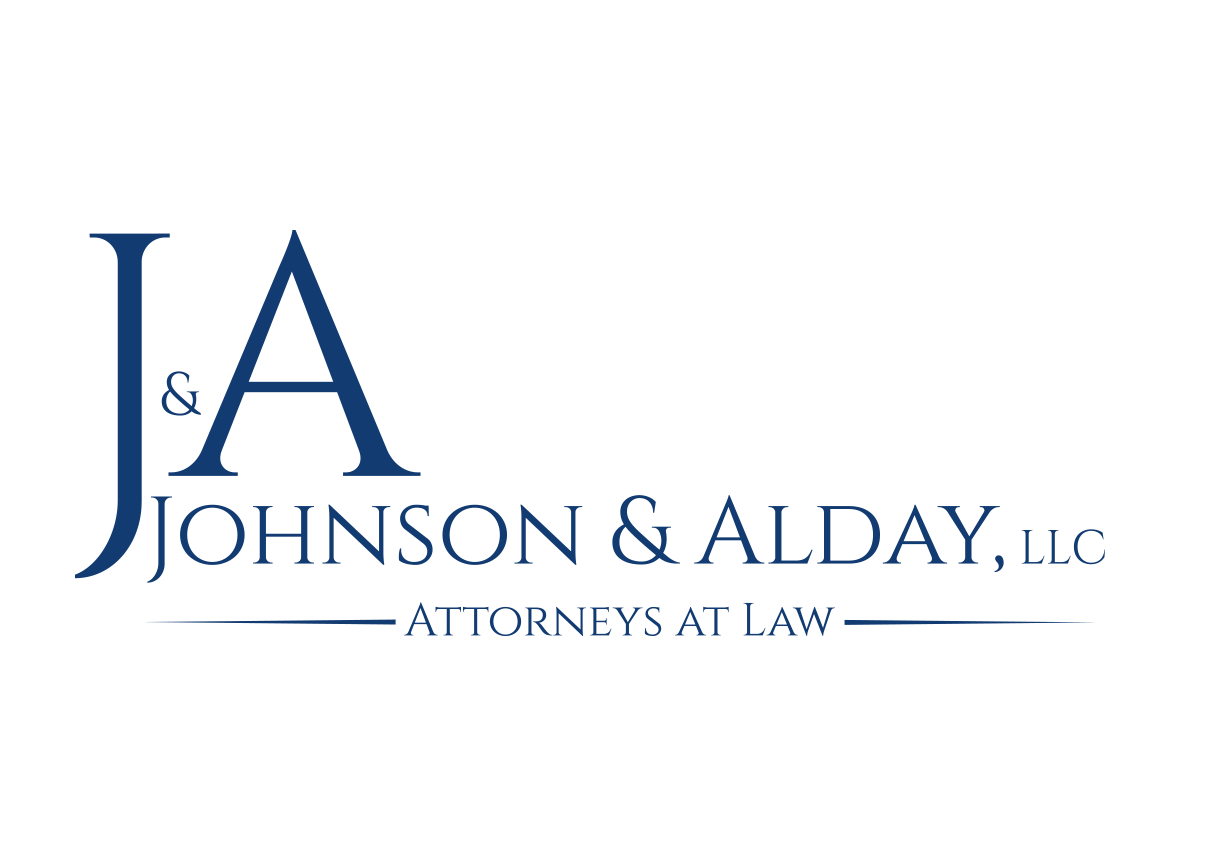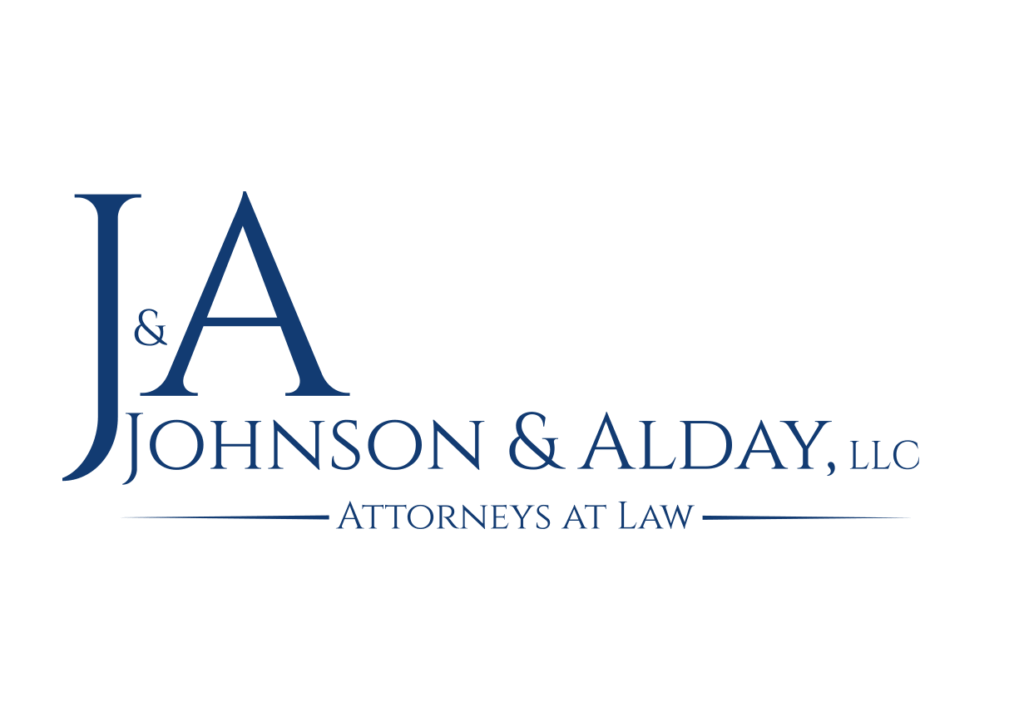Work-Related Stress Claims
Work-related stress is a pervasive issue in modern workplaces, affecting employees across various industries and occupations. While some level of stress may be considered normal in the workplace, excessive or prolonged stress can lead to serious health problems and impact an individual’s ability to perform their job effectively. Dive into the legal grounds for seeking compensation for work-related stress, including the challenges involved and the avenues available for affected employees.
Recognizing Work-Related Stress
Work-related stress encompasses a range of psychological and emotional symptoms resulting from workplace conditions, such as excessive workload, unrealistic deadlines, lack of support from management, workplace harassment, discrimination, or bullying. These stressors can manifest in symptoms like anxiety, depression, burnout, insomnia, and physical ailments like headaches or gastrointestinal issues.
Legal Considerations
Employees who experience work-related stress may have legal grounds for seeking compensation under various laws and regulations. In many jurisdictions, employers have a legal duty to provide a safe and healthy work environment, which includes addressing factors that contribute to excessive stress. Failure to fulfill this duty may give rise to legal claims for compensation.
Workers’ Compensation Claims
In some cases, employees may be able to pursue compensation for work-related stress through workers’ compensation programs. While workers’ compensation typically covers physical injuries sustained in the workplace, some jurisdictions also recognize mental health conditions caused by work-related stress as compensable injuries. However, proving the link between the stress and the workplace may pose challenges in some cases.
Negligence Claims
Employees may also pursue compensation through negligence claims against their employers. To succeed in a negligence claim, the employee must demonstrate that the employer breached their duty of care by creating or allowing conditions that caused excessive stress, and that this breach directly resulted in the employee’s injuries. This may involve providing evidence of the employer’s awareness of the stressful conditions and failure to take reasonable steps to address them.
Occupational Health And Safety Laws
Many countries have occupational health and safety laws that require employers to identify and mitigate workplace hazards, including those related to stress. Employers may be liable for violating these laws if they fail to implement measures to address known stressors in the workplace. Employees may file complaints with relevant regulatory agencies or pursue legal action for violations of these laws.
Challenges In Seeking Compensation
Proving a causal link between work-related stress and resulting injuries can be challenging according to a personal injury lawyer. Unlike physical injuries, which may have clear causes and visible symptoms, stress-related conditions may develop over time and be influenced by various factors outside of the workplace. Additionally, stigma surrounding mental health issues may deter employees from coming forward and seeking compensation.
Seeking Legal Assistance
Navigating the legal complexities of work-related stress claims often requires the expertise of experienced employment law attorneys. These legal professionals can assess the merits of the case, gather evidence to support the claim, and advocate on behalf of the employee to secure fair compensation for their injuries.
Work-related stress is a significant issue that can have profound effects on employees’ well-being and productivity. While seeking compensation for work-related stress may present challenges, affected employees have legal rights and avenues for recourse. By understanding the legal grounds for compensation and seeking the guidance of knowledgeable legal professionals, employees can assert their rights and pursue fair compensation for the harm caused by work-related stress.
Contact a lawyer near you for help if you are facing issues at work.

Tell Us About Your Case

